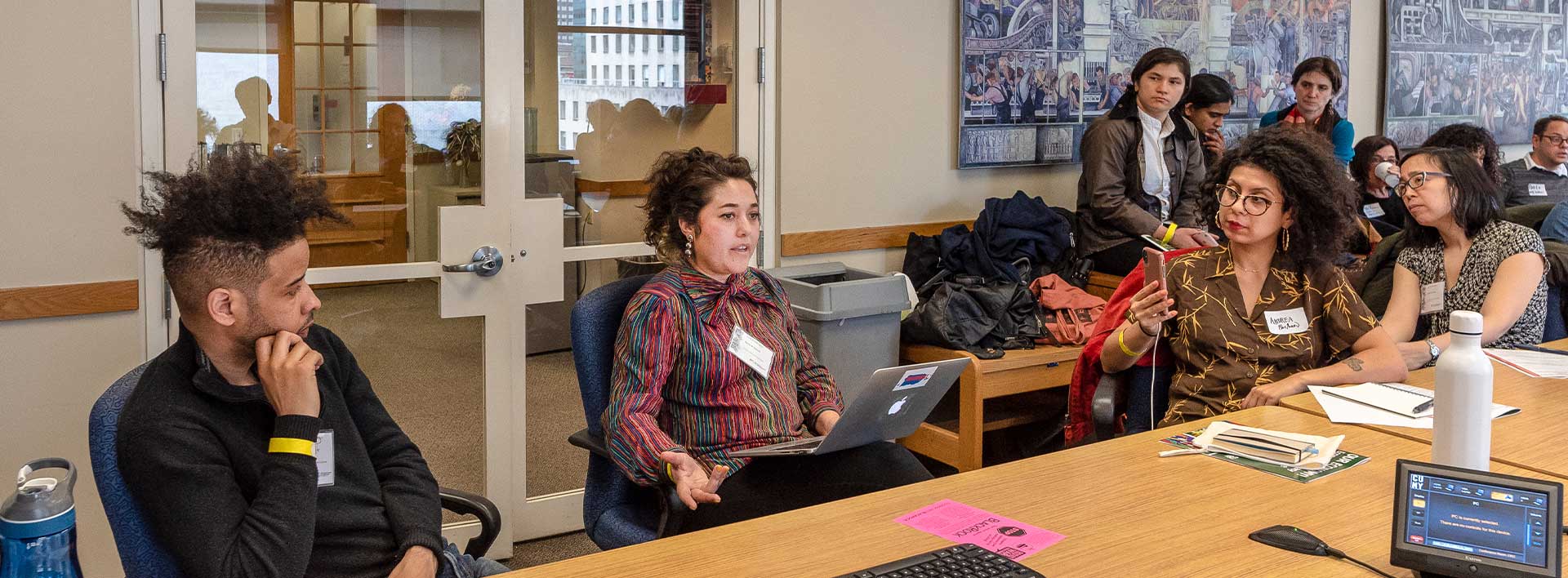In Fall 2013, CUNY implemented the Pathways initiative across its undergraduate colleges. Pathways has established a new system of general education requirements and new transfer guidelines across the University–and by doing so has reinforced CUNY’s educational excellence while easing student transfer between CUNY colleges. The centerpiece of this initiative is a 30-credit general education Common Core. Each CUNY college also requires bachelor’s-degree students to take another 6 to 12 credits of general education through the College Option. Importantly, once fulfilled at one CUNY college, these general education credits will carry over seamlessly if a student transfers to another CUNY college. Pathways has also aligned gateway courses for a number of popular majors.

CUNY General Education Requirements Consist of:
- Common Core (all students)
- College Option (students in bachelor’s degree programs)
Required Common Core (12 credits / 4 courses) **
- English Composition (2 courses)
- Mathematical and Quantitative Reasoning (1 course)
- Life and Physical Sciences (1 course)
Flexible Common Core (18 credits / 6 courses) **
- World Cultures and Global Issues (1 course)
- U.S. Experience in Its Diversity (1 course)
- Creative Expression (1 course)
- Individual and Society (1 course)
- Scientific World (1 course)
- One additional course will be taken from one of the above areas.***
**For students in AA, AS and bachelor’s degree programs.
***In many cases, individual colleges will specify how the sixth course must be chosen. In addition, in most cases, students can complete for Common Core credit no more than two courses in any single discipline (e.g. history) or interdisciplinary field (e.g. women’s studies). At Baruch College, students may complete for Common Core credit no more than one course in any discipline or interdisciplinary field. Again, it is essential to consult college guidelines.
SLU Required Common Core
URB 101 – Statistics for Social Change (3 Credits)
Prerequisite: None
An introduction to descriptive and inferential statistics used to understand social and political concepts, changes, and representations. Topics include: measures of central tendency, distribution, probability, significance testing, hypothesis testing, linear regression and data visualization. This course covers the fundamentals of how statistics are developed and analyzed by academics and professionals who have an interest in social change. (Course satisfies Required Core: Mathematical and Quantitative Reasoning)
URB 102 – Writing 1: Language, Literacy, and Culture (3 Credits)
Prerequisite: None
Writing 1 introduces students to college-level reading and writing. This course is designed to prepare students for their work at CUNY and in their professional lives, through the lens of economic and social justice. Students engage in substantial assignments that build writing, reading, critical analysis, rhetorical, and research skills through regular practice. Emphasis on revision, rhetorical context, developing academic vocabulary, syntactic variety and control, editing for grammar and style, and ethical attribution and citation. Thematic emphasis on labor, urban, and language awareness studies. (Course satisfies Required Core: English Composition)
URB 103 – Writing 2: The Nature of the City (3 Credits)
Prerequisite: None
Writing 2 is an advanced college-level reading and writing course. Students continue to practice a variety of academic writing genres, engaging in substantial assignments that build writing, reading, critical analysis, rhetorical, and research skills through regular practice. In the course students will explore the nature of the city through the lens of urban and labor studies, with an emphasis on social justice. Emphasis on revision, rhetorical context, academic vocabulary, syntactic variety and control, editing for grammar and style, research methods, and ethical attribution and citation. The course will culminate in a 6-8-page research paper. Thematic emphasis on labor, urban, and environmental justice studies. (Course satisfies Required Core: English Composition)
Flexible Common Core
URB 200 – Social Justice in the City (3-4 Credits)
Prerequisite: None
This course is premised on a simple observation — that cities are as much sites of creativity and opportunity as they are sites of profound struggle. Over the course of the semester, students will examine a handful of those struggles — from those that arise over the use of public space to those over redevelopment, transportation and affordable housing. In each case, students will be asked to place such struggles within a broader set of debates on justice, rights, and equity. What rights do people in cities have to public space? What rights should they have? What does equity in housing policy and transportation policy entail? What does a “just city” look like? Alternatively, what does an unjust one look like? Over the course of the semester students will not only seek answers to such questions but they will be forced to think critically about how cities are produced, the work that goes into producing them, and how the benefits of urban life are distributed across different populations. Within urban studies, of course, questions of social justice have spawned a wide-ranging literature. Where some of this literature is steeped in a commitment to distributive justice, there is also long tradition of literature committed to a broader critique of the urban political economy itself. Focusing on this latter critique, the goal of the course is to introduce students to the concept of “the right to the city” and its application to debates on a wide array of urban topics. Students will leave the class with a broad understanding of these debates as well as what they mean for both how we study cities as well as how we go about securing justice in them. (College Option)
LHIS 301 – U.S. Labor History (4 Credits)
Prerequisite: None
This course examines working class life and the evolution of the U.S. labor movement within the larger framework of U.S. history, with specific regard to class formation, industrial development, immigration and the major developments of the organized labor movement. Students in this course also explore the relationships of workers to unions, formal and informal economies, race and gender, technology, the American state; and cultural, political and social movements. Emphasis is placed on the issues that gave birth to the labor movement, the development of working-class consciousness, and the milestones in the labor movement’s progress during the last century. (College Option)
